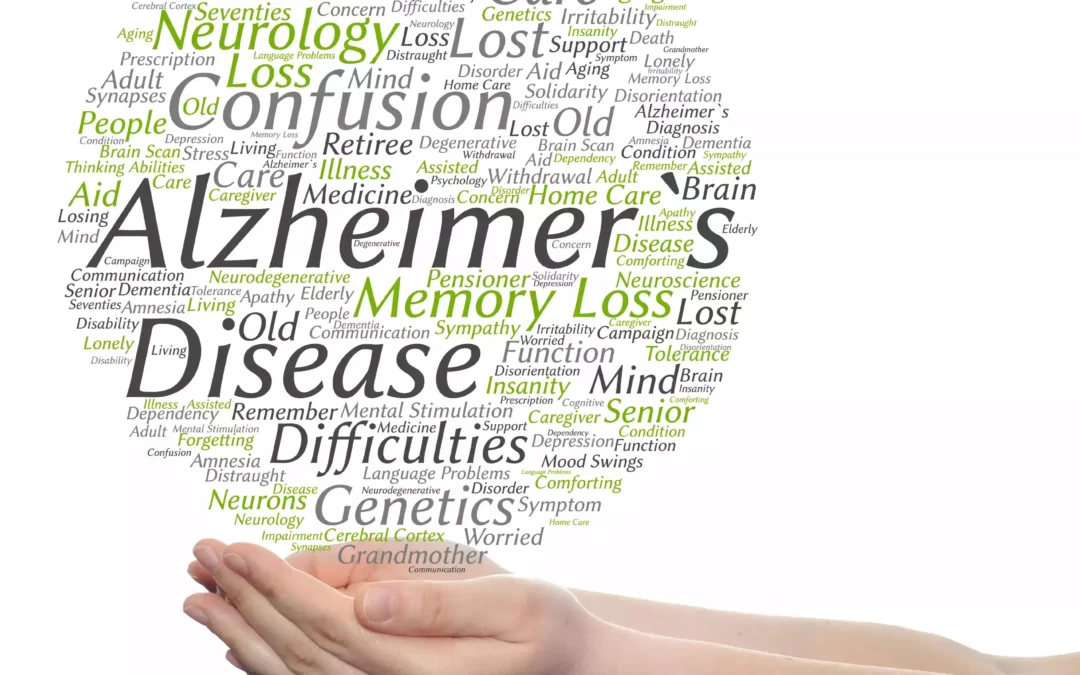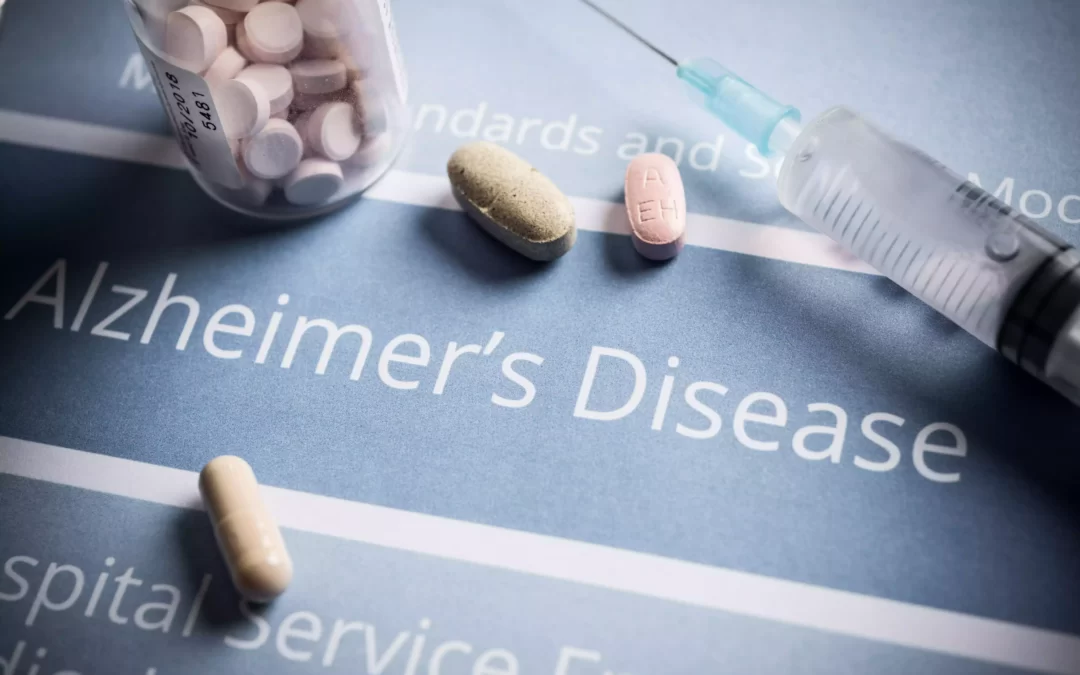
by Team NEWS EXPRESSIONES | Jul 30, 2023 | Health
New Alzheimer’s Drug New Alzheimer’s Drug. Welcome back to the blog, showcasing the newest medical science breakthroughs. Today, let’s be elated to announce a breakthrough in Alzheimer’s treatment. This revolutionary drug promises a revolution...

by Team NEWS EXPRESSIONES | Jul 29, 2023 | Health
Understanding Childhood Alzheimer’s Intro Understanding Childhood Alzheimer’s. Welcome to the blog Diabetes Nosocomial, where the challenging and heartbreaking world of childhood Alzheimer’s, formally referred to as early-onset dementia, is explored....

by Team NEWS EXPRESSIONES | Jul 27, 2023 | Health
Genetic Predisposition in Alzheimer’s Intro Genetic Predisposition in Alzheimer’s. Alzheimer’s disease, a debilitating neurodegeneration disorder, afflicts countless individuals globally and causes immense suffering without a known cure. Despite...

by Team NEWS EXPRESSIONES | Jul 26, 2023 | Health
Alzheimer’s Stages Intro Welcome back to the professional blog. Alzheimer’s Stages. Intending to provide valuable insights into the stages and progression of Alzheimer’s disease. Fully comprehending the passage from mild memory loss to severe...

by Team NEWS EXPRESSIONES | Jul 25, 2023 | Health
Intro The Future of Alzheimer’s Diagnosis. Alzheimer’s disease is becoming an increasing concern as the world’s population ages. Detection of Alzheimer’s early is crucial for effective treatment and care. Luckily, recent advances in medical...

by Team NEWS EXPRESSIONES | Jul 24, 2023 | Health
Demystifying Dementia and Alzheimer’s Intro Welcome back to the blog post about Demystifying Dementia and Alzheimer’s. The two concepts are commonly misunderstood and interchanged, yet it is crucial to recognize that both are distinct. This post explores...

by Team NEWS EXPRESSIONES | Jul 20, 2023 | Health
Impact Alzheimer’s Disease Intro Welcome to the blog on Alzheimer’s disease, a progressive neurological disorder that affects millions of individuals globally. Alzheimer’s illness is attributed to 60% to 80% of dementia cases. This debilitating...

by Team NEWS EXPRESSIONES | May 1, 2023 | Health
How to Manage The Link Between Emotional Stress and Acne?: Strategies for Managing Both INTRODUCTION: Emotional Stress and Acne. For many individuals, stress can often manifest itself in more ways than one, including acne breakouts. This is due to the hormonal impact...

by Team NEWS EXPRESSIONES | Feb 23, 2022 | Health
The Best Treatment for Rosacea Face in 60 Days What is rosacea on the face? Rosacea face is a common condition of the skin that triggers redness and noticeable arteries on the facial skin. Additionally, it may produce small, reddish, pus-packed bumps. These signs and...

by Team NEWS EXPRESSIONES | Feb 22, 2022 | Health
Skin With Acne If you have skin with acne, you need to give extra treatment to your skin layer for you may already know, that some elements changed your skin layer from anyone who has a standard type. As suggested by the experts, you need to treat your skin with acne...











Recent Comments